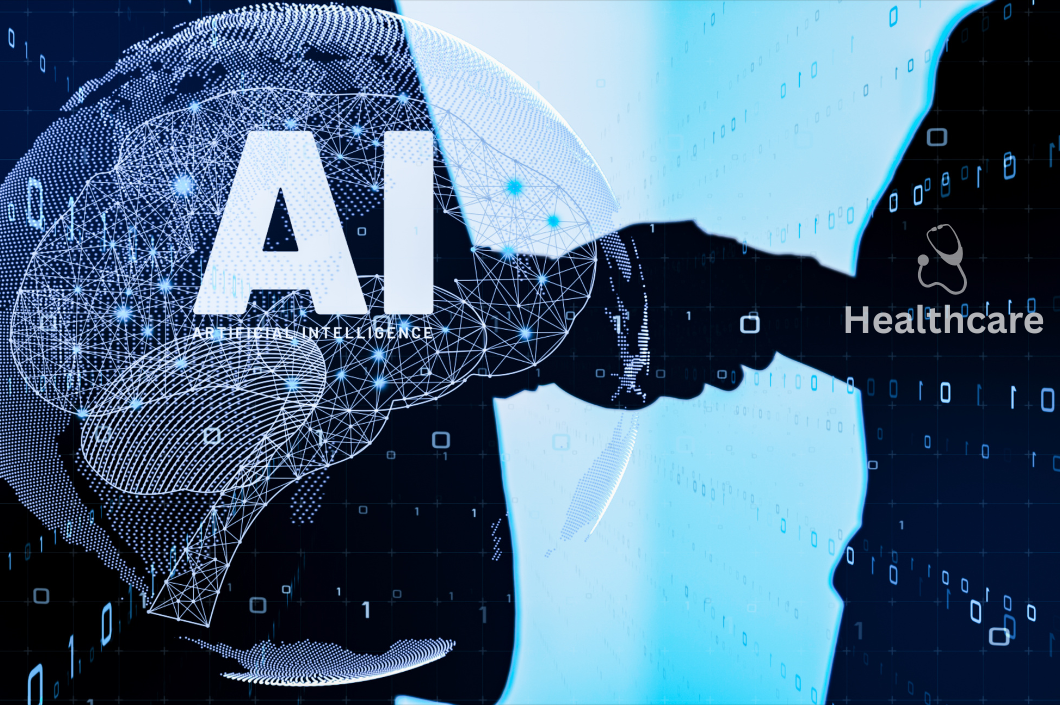Artificial Intelligence(AI) has the potential to revolutionize healthcare from predictive diagnostics and personalized medicine to operational efficiency and clinical decision support. Yet, despite its promise, AI adoption in healthcare remains slower than expected. One of the key barriers? Gaps in IT infrastructure.
Let’s explore the specific IT challenges preventing healthcare institutions from fully leveraging AI, and what needs to change to unlock its full potential.
1. Legacy Systems and Fragmented Data
Many healthcare organizations still operate on outdated electronic health record (EHR) and legacy IT systems that weren’t designed to support modern data science. These systems often store patient data in siloed formats that are difficult to access, integrate, or analyze. AI thrives on large, clean, and interconnected datasets, but when information is trapped in disparate platforms, the effectiveness of AI tools is drastically reduced.
2. Lack of Interoperability
Interoperability remains one of the biggest pain points in healthcare IT. AI models rely on continuous streams of data from multiple sources labs, imaging centers, wearables, and hospital systems. However, the lack of standardized data formats and communication protocols makes it difficult for systems to “talk” to each other. This hampers the ability to build comprehensive datasets necessary for training robust AI algorithms.
3. Insufficient Data Infrastructure
AI in healthcare often requires real-time data processing and high-performance computing. Unfortunately, many healthcare institutions lack the necessary data infrastructure such as scalable storage solutions, cloud computing capabilities, and GPU-based servers to support AI development and deployment. Without this foundation, even the most advanced AI tools cannot function effectively.
4. Cybersecurity and Compliance Risks
Healthcare data is highly sensitive and heavily regulated. Since AI systems require access to vast amounts of patient data, security and compliance become major concerns. Many IT infrastructures are not adequately equipped with advanced cybersecurity protocols to prevent breaches or ensure compliance with regulations like HIPAA and GDPR. This hesitancy around data sharing significantly slows AI integration.
5. Talent and Skill Gaps in IT Teams
Even when the hardware is available, many healthcare organizations lack the internal expertise needed to manage AI infrastructure. AI requires cross functional skills data engineering, model deployment, MLOps, and more. Traditional IT departments may not have these capabilities, creating a skills mismatch that stalls AI projects.
6. High Cost of Upgrades and Unclear ROI
Upgrading IT infrastructure requires significant investment, and for many healthcare providers operating on tight budgets, the cost can be prohibitive. Without a clear and immediate return of investment (ROI), hospital leadership may be reluctant to prioritize AI enabling upgrades over other pressing operational needs.
Closing Thoughts
AI has the potential to transform healthcare, but only if the foundational infrastructure is in place. Addressing gaps in data systems, interoperability, cybersecurity, and internal expertise is not just a technical challenge, it’s a strategic imperative. Healthcare organizations that invest in modern, scalable, and secure IT infrastructure today will be the ones to reap the full benefits of AI tomorrow.


